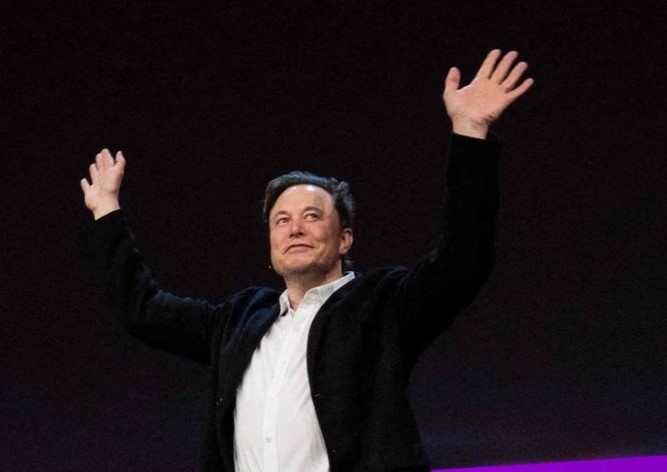On Sept. 26, Vera Jourova, commissioner for values and transparency of the European Union, stated in an update on the anti-disinformation Code that X, formerly Twitter, is “the platform with the highest number of posts with incorrect information or misinformation.” Amid fake news and denials, so begins the contentious relationship between Elon Musk and the European Commission. Which formally sent X’s owner a request for information under the terms of the Digital Service Act.
Table of Contents
Digital Service Act, X and fake news
Vera Jourova’s claims in late September are the result of an analysis conducted by the European Commission, which examined more than 6,000 unique posts on Facebook, Instagram, LinkedIn, TikTok, X and YouTube in countries where the spread of fake news seems to emerge with strong propensity. Namely Spain, Poland and Slovakia.
Hence the succession of reports that wanted Elon Musk to close X in Europe, until the latter’s denial, via X, calling the news reported by Business Insider “absolutely false.”
It all stems from the fact that the Digital Service Act stipulates that social media must commit to taking measures to mitigate and reduce misinformation by submitting reports to the European Commission on any misconduct witnessed within the community of interest.
X and the conflict between Israel and Hamas
The conflict between Israel and Hamas is stirring strong emotions. Videos of hostages, decapitated bodies. Social networks have been flooded with images of violence and attempts at disinformation.
“Following the terrorist attacks perpetrated by Hamas against Israel, we have indications that its platform is being used to spread illegal content and disinformation in the EU,” reads the letter, published in X, that Breton sent to Musk asking him to take immediate action.
Hundreds of Hamas-related accounts have been removed from X. The platform’s Ceo, Linda Yaccarino, let it be known that the platform has also taken “action to remove or tag tens of thousands of pieces of content since the start of escalation in the Gaza Strip,” toning down the tone that Musk himself had, instead, reinforced by posting a contentious response on his social,
“Our policy is that everything is open source and transparent, an approach that I know the EU supports. Please list the violations you refer to so the public can see them. Many thanks.”
DSA, the first proceeding is precisely against X
The Commission’s request, however, does not remain limited to these cases, but also concerns compliance with other provisions of the Digital Service Act, such as complaint handling, risk assessment, and measures to mitigate identified risks.
The one addressed to X is the first proceeding based on the provisions of the Digital Services Act (DSA). And it follows, precisely, an initial warning letter sent by the European Commissioner for Internal Market and Services, Thierry Breton.
The request for information sent to X is a first step in ascertaining systematic and systemic violations based on the Digital Service Act, but there could be additional heavy fines. Fines can be up to 6 percent of the responsible company’s revenue.
The other social
The Commission also issued preliminary warnings to the U.S.-based Meta Group, or Facebook and Instagram, on Oct. 11 and to TikTok on Oct. 12.
With reference to Meta, Thierry Breton cited misinformation regarding elections in European countries, focusing on the Oct. 15 parliamentary elections that took place in Poland and the June 2024 European elections.
Toward Tik Tok, the Commission said that “since the platform is widely used by children and adolescents, you have a duty to protect them from violent content, which instead seems to circulate without security checks.”












